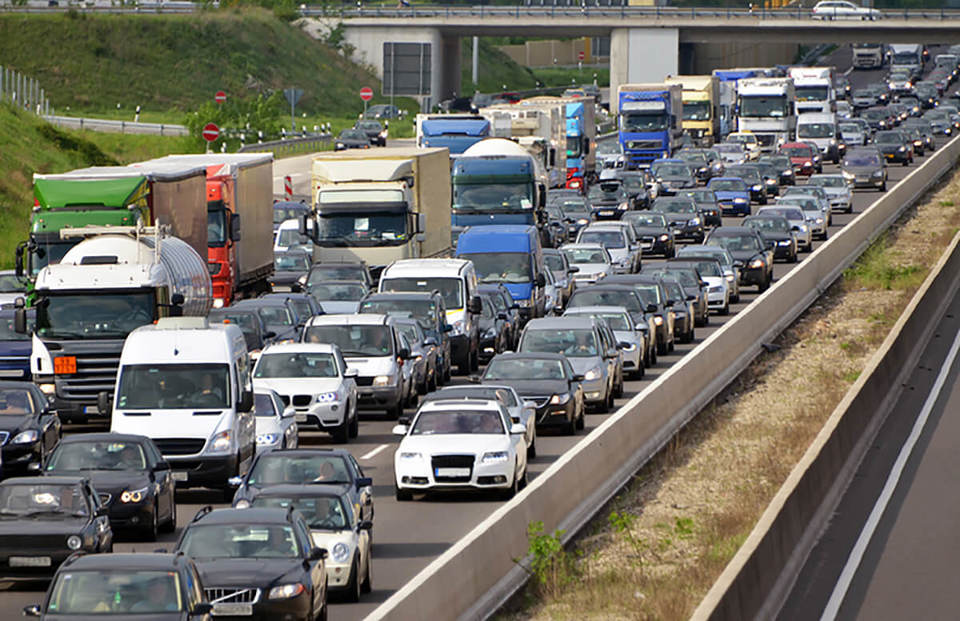Local authorities should focus on bringing in workplace parking levies rather than introducing clean air zones, a leading transport academic has claimed.
Speaking at the ALD Automotive Clean Air Zone Conference in Bristol, Professor Graham Parkhurst of the University of the West of England said that clean air zones are unlikely to reduce transport use in city centres, and with the advent of electric vehicles, it is likely usage would actually increase, causing even more congestion. He claimed that workplace parking levies (WPLs) were far more likely to change behaviour.
He said: “We really have ended up with a crisis, and clean air zones are an example of crisis management. WPLs are fair because they target people who are going to the city centre and have better quality public transport. If they have a free parking space, then they are going to say, “well, it would be stupid not to use it”. Putting a small charge on that will help them to make the right decision.”
He cited the Nottingham scheme as a success, raising £10 million a year from WPLs by charging £375 annually per space, claiming that it was also a very efficient way to raise revenue from businesses for alternative transport schemes.
“Somebody has got to pay for all of this,” he said. “To deliver clean air projects for city centres that deliver results, such as trams, electric shuttles or underground trains, it needs revenue. You only have to focus on a few major employers to enforce your schemes. So it is very efficient to collect, unlike the London Congestion Charge.”
The underlying issue, Professor Parkhurst reckoned, was that with more EVs on the market which cost very little to run once purchased, drivers will be less inclined to leave them behind, and traffic levels could increase by as much as 51%, and congestion could by 16% in the next decade.
The 30-plus planned clean air zones, he said, would only encourage this use and would push less clean vehicles into other areas.



















Login to comment
Comments
No comments have been made yet.